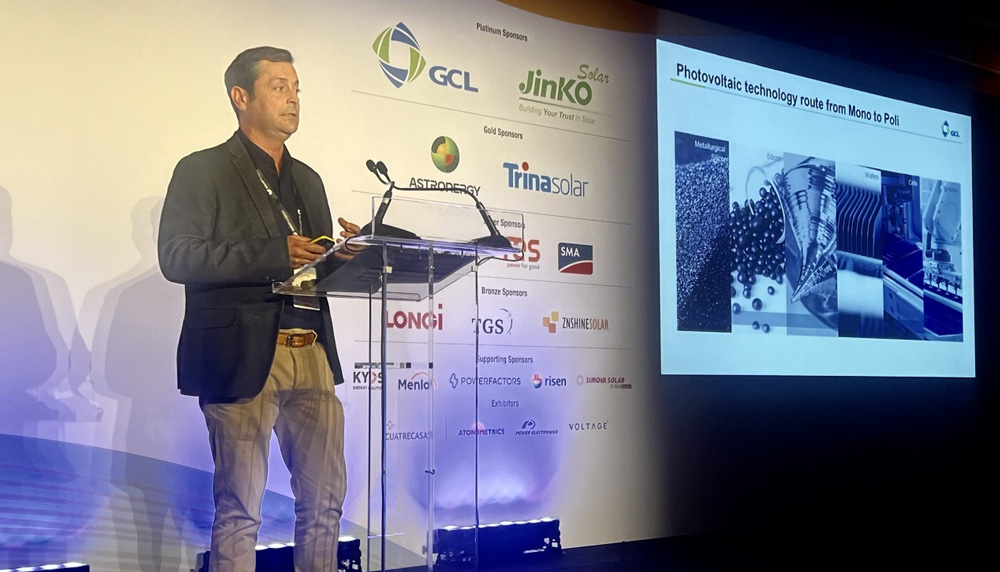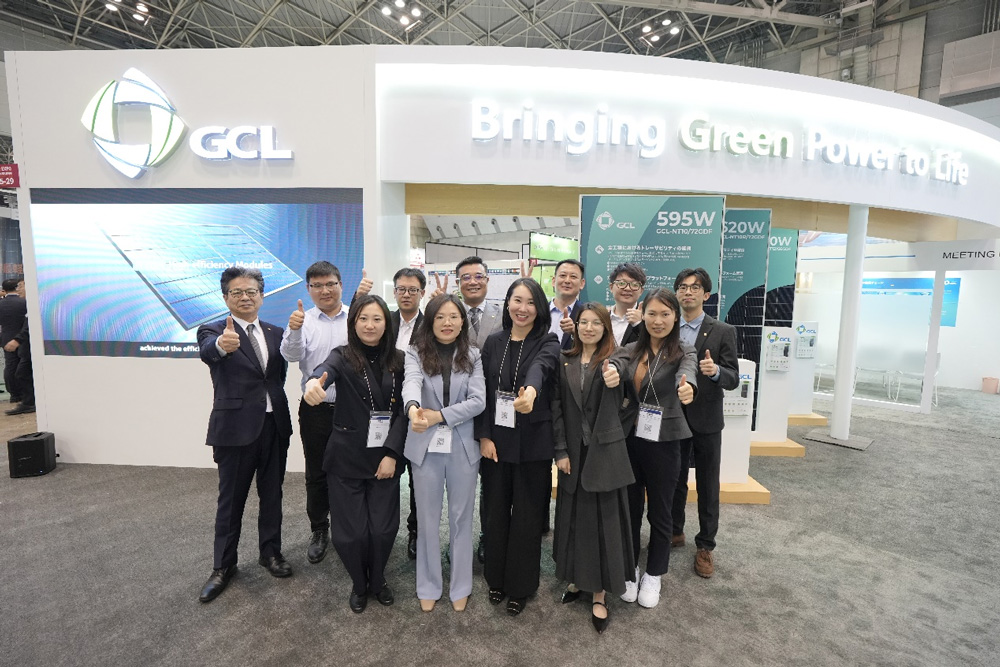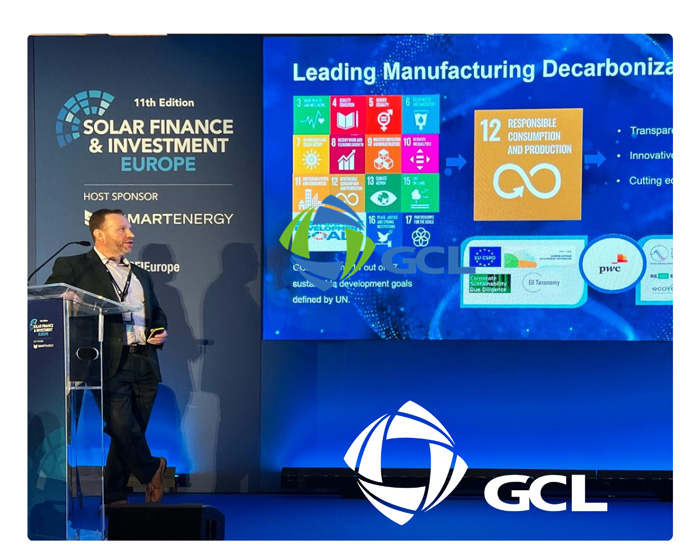SAO PAULO, August 29, 2023 /PRNewswire/ -- GCL System Integration Technology Co., Ltd. ("GCLSI"), a leading one-stop renewable energy service provider, is currently participating in the 2023 Intersolar South America exhibition, where they are showcasing three mainstream module products and three upstream materials. This includes the international debuts of N-type monocrystalline silicon wafers and G12 N-type cells at the event. GCLSI aims to demonstrate its integrated business model across the entire value chain and present its leading position and exceptional capabilities to the South American market.
Intersolar South America is the premier exhibition and conference for the thriving solar industry in South America. This influential event brings together experts and industry leaders to discuss and highlight key topics in the solar sector. The platform offers an opportunity for GCLSI to gain deeper insights into the local market dynamics and further refine its products and services to cater to the evolving needs of customers in the region. The G12 N-type cell is being introduced alongside the N-type monocrystalline silicon wafer, which offers greater efficiency in solar cell products. GCLSI also brings along its three mainstream module products, the GCL-M10/72H, GCL-M12/66H, and GCL-NT10/72GDF, in addition to the two highlights.
Notably, GCLSI has previously launched the first phase of its 20GW N-type high-efficiency cell manufacturing project in Wuhu, China. With a full production capacity expected to be reached in the fourth quarter of the year, the Wuhu facility strengthens GCLSI's supply chain and positions the company as a frontrunner in N-type PV technology.
Leading solar energy sector media SOLARQUARTER highlights the rapid growth of Brazil's solar energy market, driven by plentiful sun radiation and supportive government policies. The country has witnessed an increase in solar projects in recent years, including large-scale farms and rooftop installations, contributing to sustainability and emission reduction. Brazil aims to achieve 45% renewable energy in its electricity generation capacity by 2030, with a specific focus on solar power. The decreasing costs of solar panels and favorable net metering policies make solar an attractive option for individuals and businesses.
GCLSI is committed to building a comprehensive industry chain carbon footprint certification, aiming to achieve a low-carbon commitment from upstream materials to downstream products. By implementing this initiative, GCLSI strives to enhance transparency and accountability in its operations while promoting sustainable practices throughout the entire value chain. This endeavor aligns with the company's vision of driving the transition to a greener and more sustainable future, where renewable energy plays a pivotal role in mitigating climate change and preserving the environment for generations to come.












